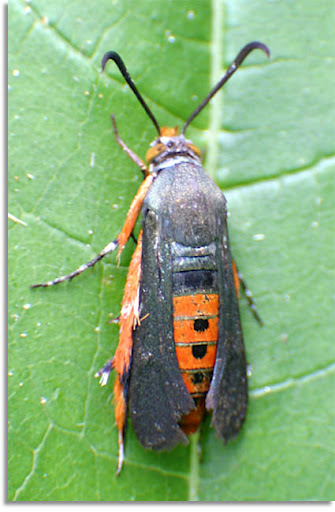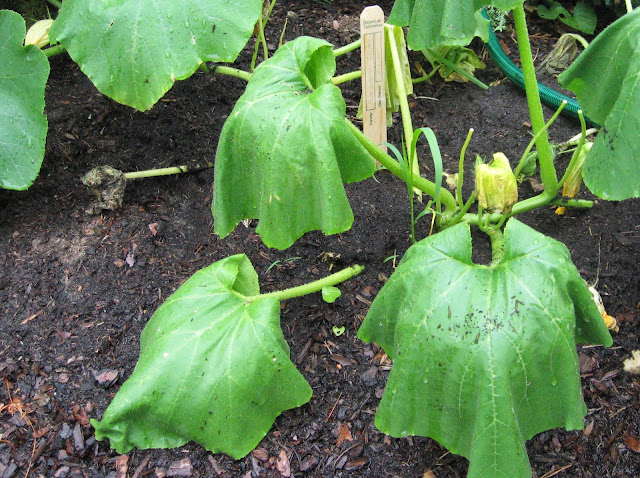There is usually a lull in my gardening about this time of year where I have done my early spring planting and I am starting to consider what to plant for late spring and early summer. Each year is a little different because around here, the spring to summer transition can be an overnight thing. We are already consistently in the 80s and although we have had a great year rain-wise so far, last years drought is still lingering on my mind. Do I skip the late spring and move into summer mode now?
In December I made myself a set of gardening flash cards which list what plants I can plant for the particular month. I gathered this information from gardening guides specifically for my zone 9a. Here are the choices for April :
Beans, cantaloupe, collard greens, cucumber, eggplant, mustard, okra, peppers, sweet potato, squash, tomato, turnips and watermelon.
I already have the number of cucumber, peppers and tomatoes that seem reasonable for my garden. Mind you this hasn't stopped me before in acquiring more. Some years there are just the incredible plants looking at me from the nursery or feed store and it is exactly like looking at puppies in a pet store. "Look how cute they are! Oh, I have to take them home with me."
Luckily this kind of conversation happens only in my head - so far. Suffice it to say that sometimes the plant space requirement needs are not taken into consideration at this time of year. It isn't entirely my fault. After all, the baby and juvenile plants look nothing like the gargantuan adult plants they will become. It just looks like everyone will get along just fine until they are at each others vegetable throats with massive amounts of growth.
It won't be long before I start to find the volunteers. These are typically cherry tomato plants and they will start to crop up all over the place from now through June. My plan for these little rascals is to strategically position them around the edges of the garden beds and let them sprawl out so that Farmer Westie can satisfy his gardening urges.
As far as open gardening space I have one six foot by three foot bed and one three foot by three foot bed completely empty. I also have one bed partly empty that is currently housing my mustard greens, collards and turnips. There is also a space that could conceivably become three more six foot by three foot beds if I somehow develop super human strength and the weather throws us something other than hot, humid and rainy.
Here is my basic plan for this weekend:
Okra
 |
| There are a half dozen of Green Velvet okra seedlings waiting to be put into the garden bed. These guys will supplement the dozen Clemson Spineless already growing in the center garden bed. |
Beans
 |
| Although there are already a dozen bush bean plants already blooming, I want to plant some more seeds in order to extend the harvest. |
Sweet Potato
Watermelon
Eggplant
Squash
 |
| It would be absolutely wonderful to try out more squash varieties in my garden except for one thing... |
 |
| ... this gal. She may look cool with her red torso and dashing black wings, but her offspring create this: |
We will just have to see how much of my plan I can get accomplished or
if the forces of nature such as rain, mosquitoes, heat and humidity will
chase me out of the garden. Or it could be a nap. Never underestimate
the power of a nap. Those things can pull you out of a garden plan
faster than just about anything.











































